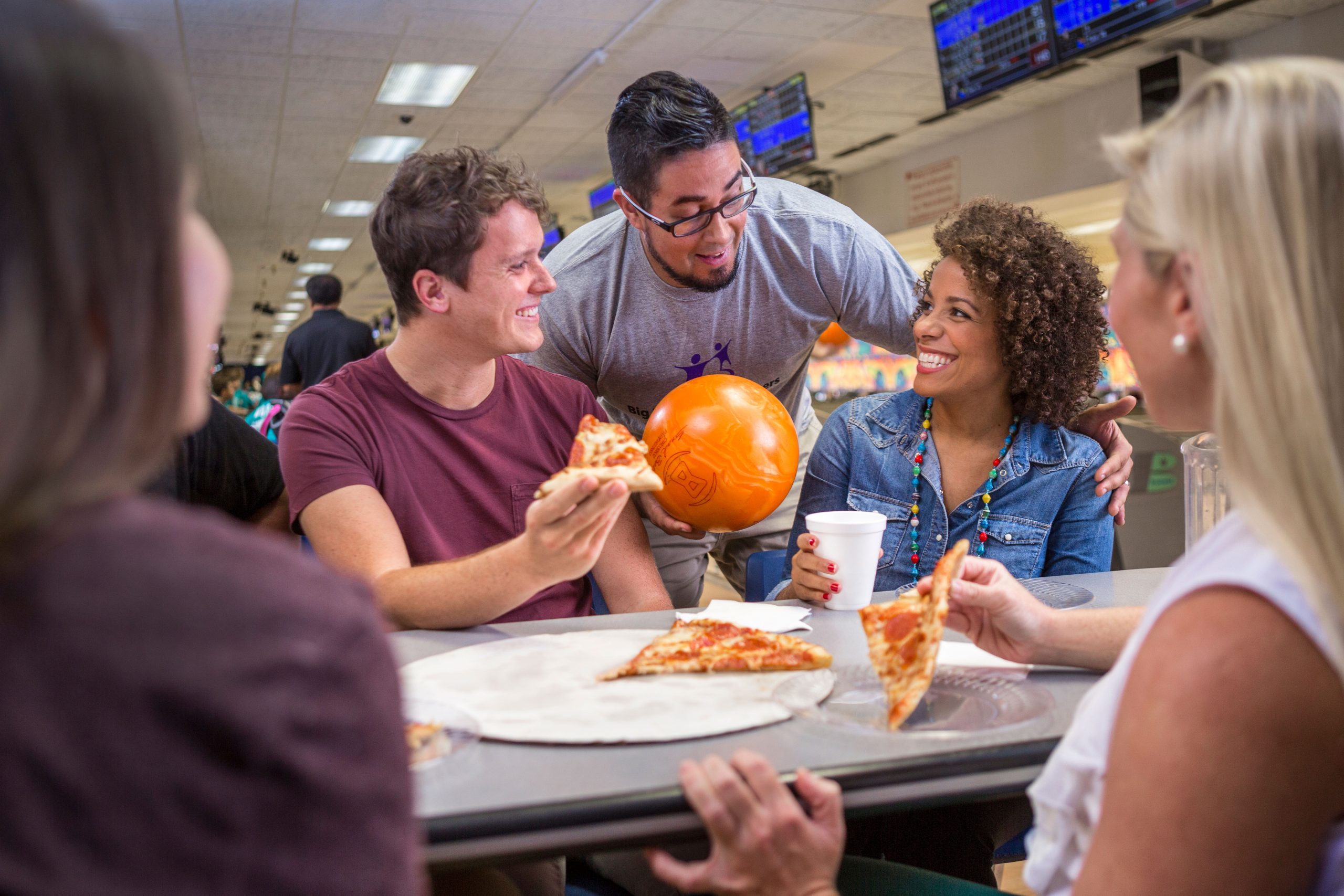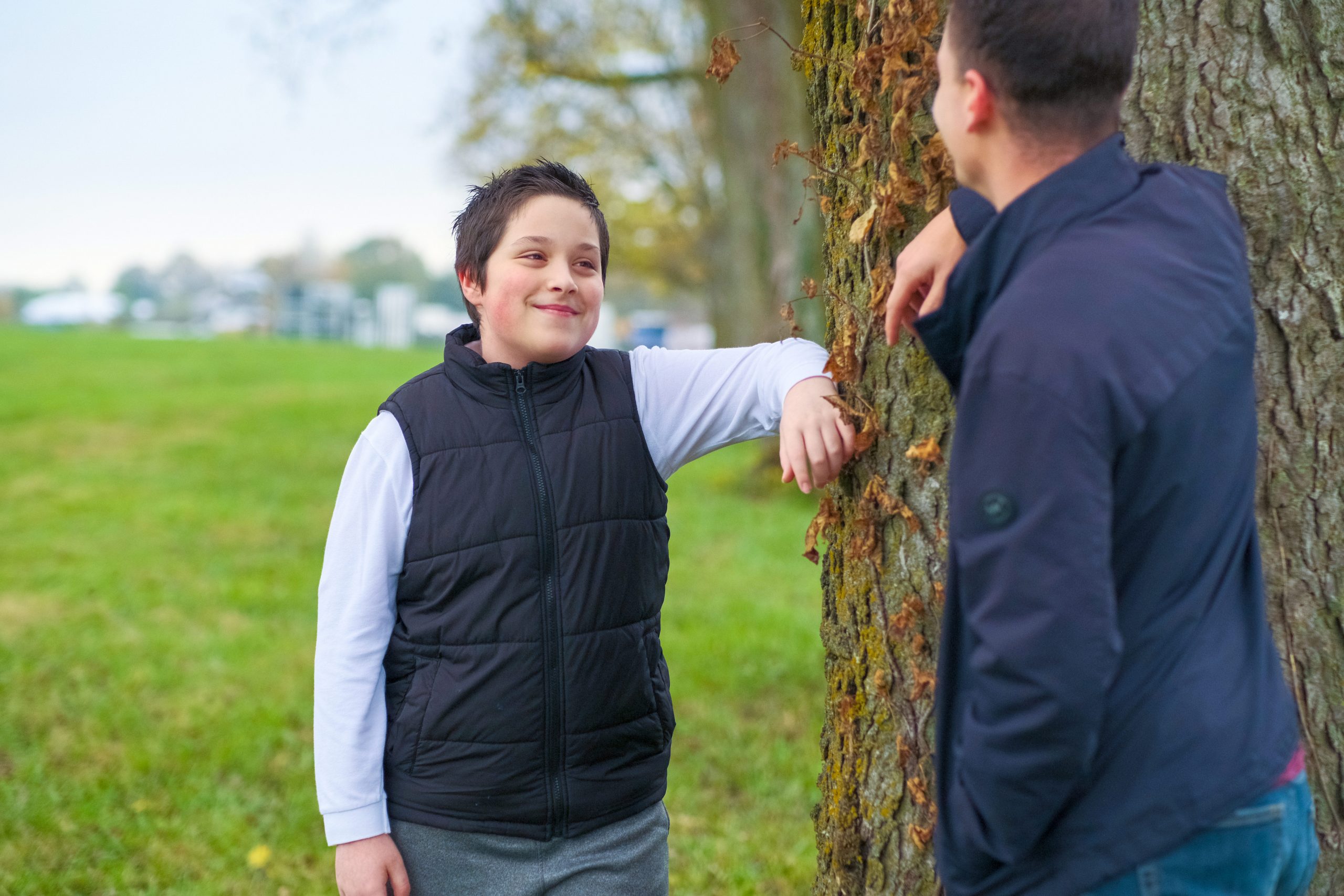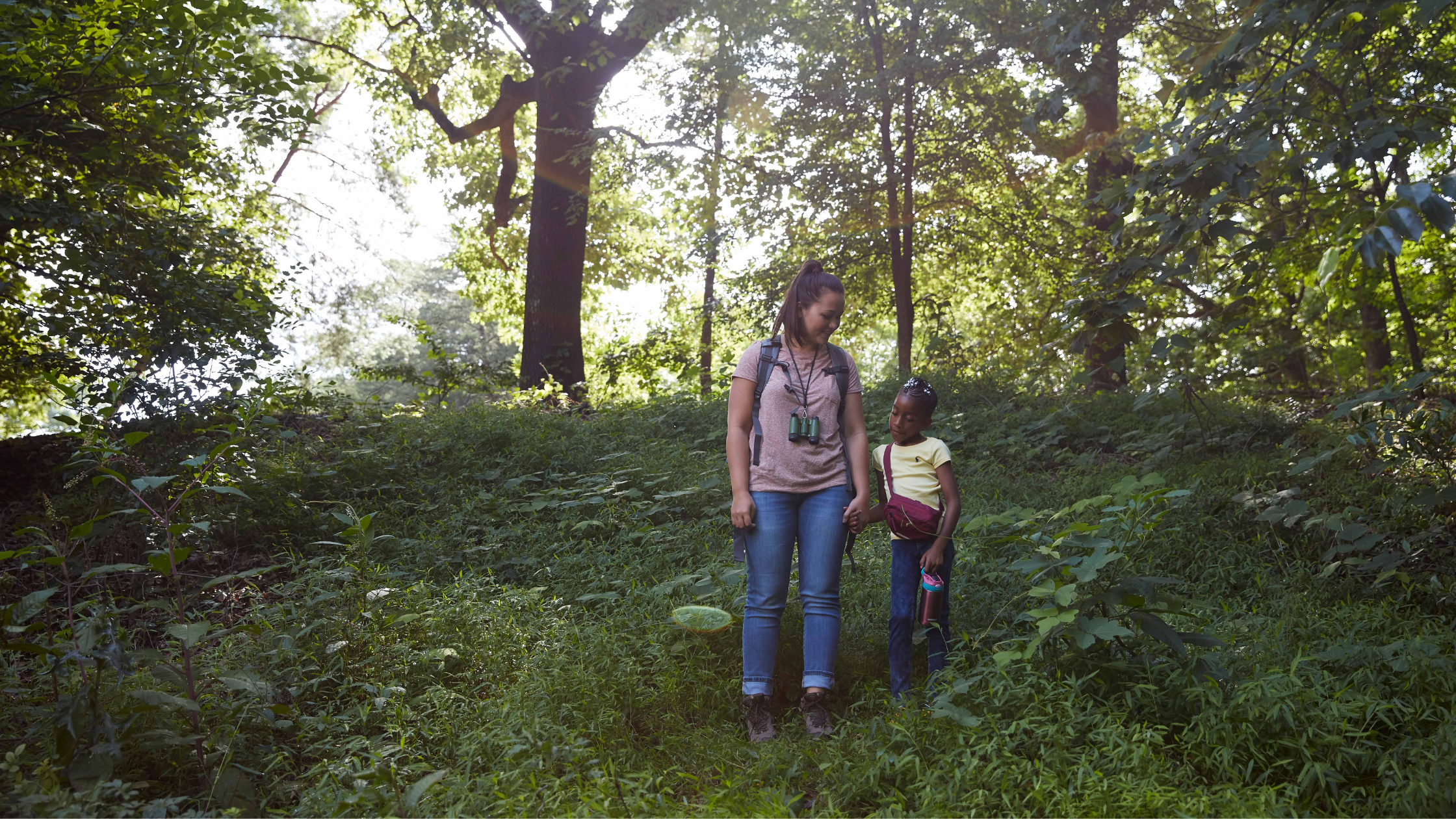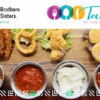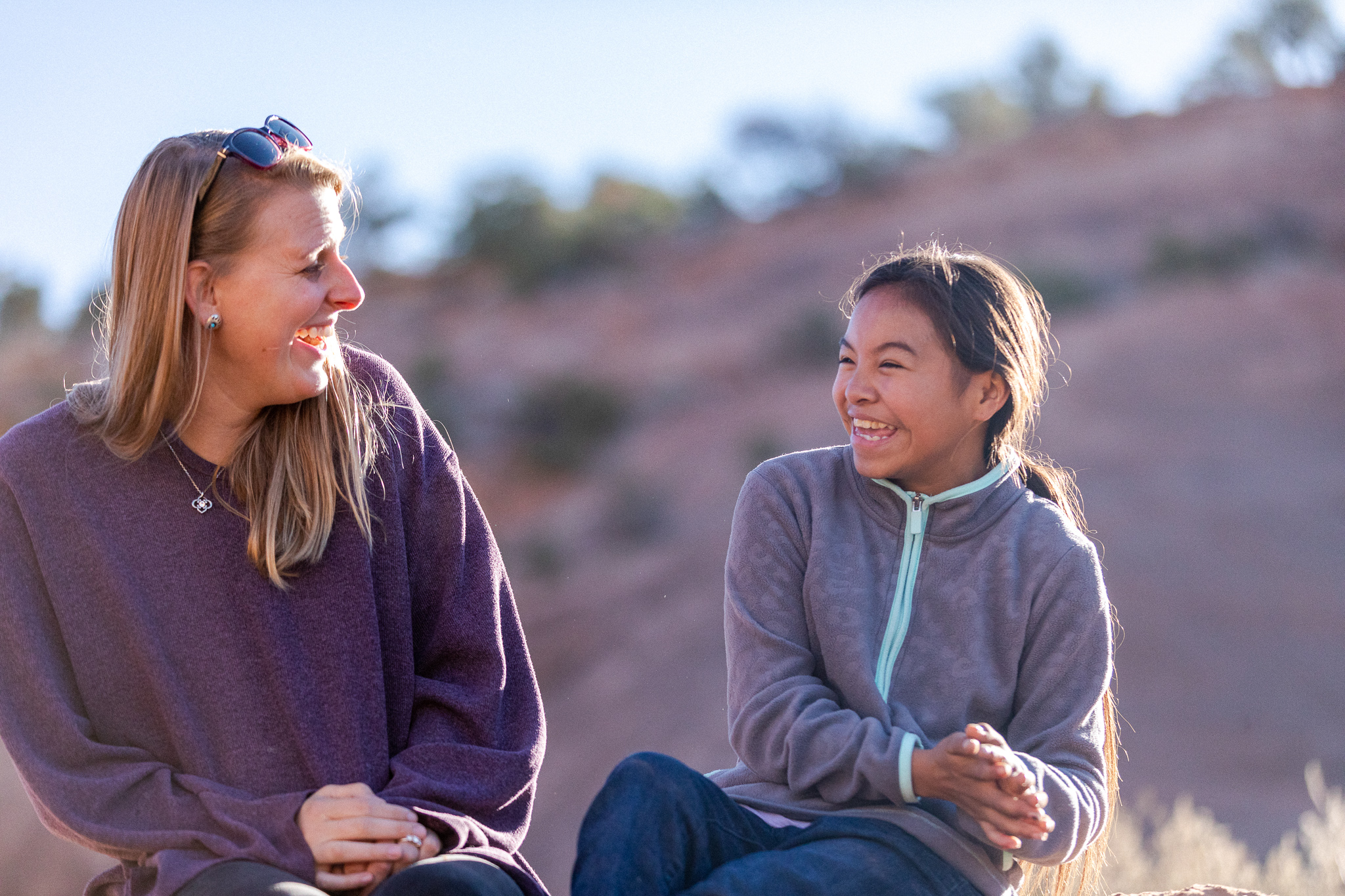
Do you need some ideas for things to talk to your Little about? Check out our June Conversation Starters to help you and your Little learn about new topics and discover new hobbies and interests.
LGBTQ Pride Month: Remind your Littles that BBBS is inclusive and welcoming of all people. Do you or your Little know anyone who identifies as LGBTQ? What challenges have they had in their lives? What can you or your Little do to help support an LGBTQ person who may be struggling?
National Candy Month: Invent a new kind of candy. Draw a picture of what it would look like. Come up with a crazy flavor together. Chocolate-covered Skittles, maybe?
National Fresh Fruit and Veggie Month: What are your favorite fruits and veggies? What are your favorite recipes or favorite ways of eating them? Check out this list of lesser-known fruits and veggies. Which would you choose to try?
June 1st is Say Something Nice Day: What was the last compliment you received? What was the last compliment you gave? Here are 7 reasons why you should pay a compliment to someone every day.
June 4th is National Cheese Day and National Donut Day: If you had to eliminate cheese or donuts, which would go? What is your favorite kind of donut? What is your favorite type of cheese? What kind of crazy donut would your make?
June 8th is National Best Friends Day: Who is your best friend? How did you and your best friend meet? How long have you known your best friend? Who was your best friend when you were a kid? Why is it important to have a best friend?
June 14th is Flag Day: Learn about flag day. Try this Flags of the World Game. If you had your own flag for your family/neighborhood/ community, what would it look like? Draw a picture of your flag.
June 18th is National Picnic Day: What is your idea of the ultimate picnic? Fresh seafood on a mountain? Dessert buffet in a treehouse? Gourmet hot dogs at the top of the Statue of Liberty? Be creative!
June 19th is Juneteenth: Do you or your Little Celebrate Juneteenth? If so, how? Check out this video.
June 20th is Father’s Day: Do you or your Little celebrate Father’s Day? What traditions do you have? If you had all the money in the world, what would you do for your dad (or father figure) to show him that he is special?
June 21st is World Day of Music: Listen to some music samples from around the world and discuss. Check out these exciting instruments from around the world.
June 23rd is National Hydration Day: Do a water drinking challenge. Can your Little drink 6 glasses of water in the day? Here are some facts about drinking water.
June 27th is Helen Keller Day: Learn about Helen Keller together. Here are 8 incredible facts about Helen Keller.
June 30th is Social Media Day: How much time do you/your Little spend on Social Media every day? Every week? Discuss internet safety. Challenge your Little to cut out an hour of social media a day or week and do something creative or read instead.
Do you want to learn what it takes to become a Big? Learn more at our Big Orientation & Training info session. View the schedule.


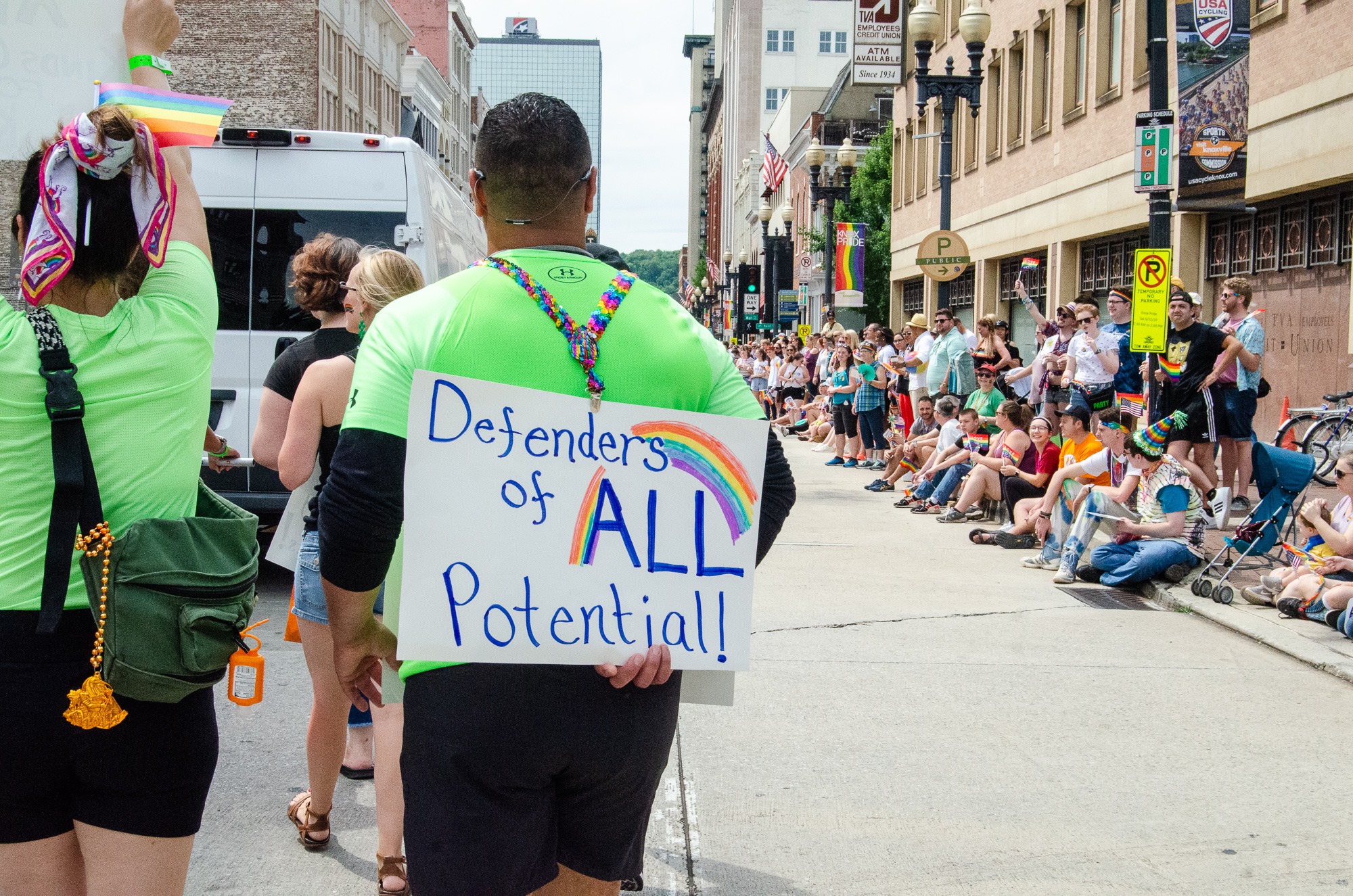

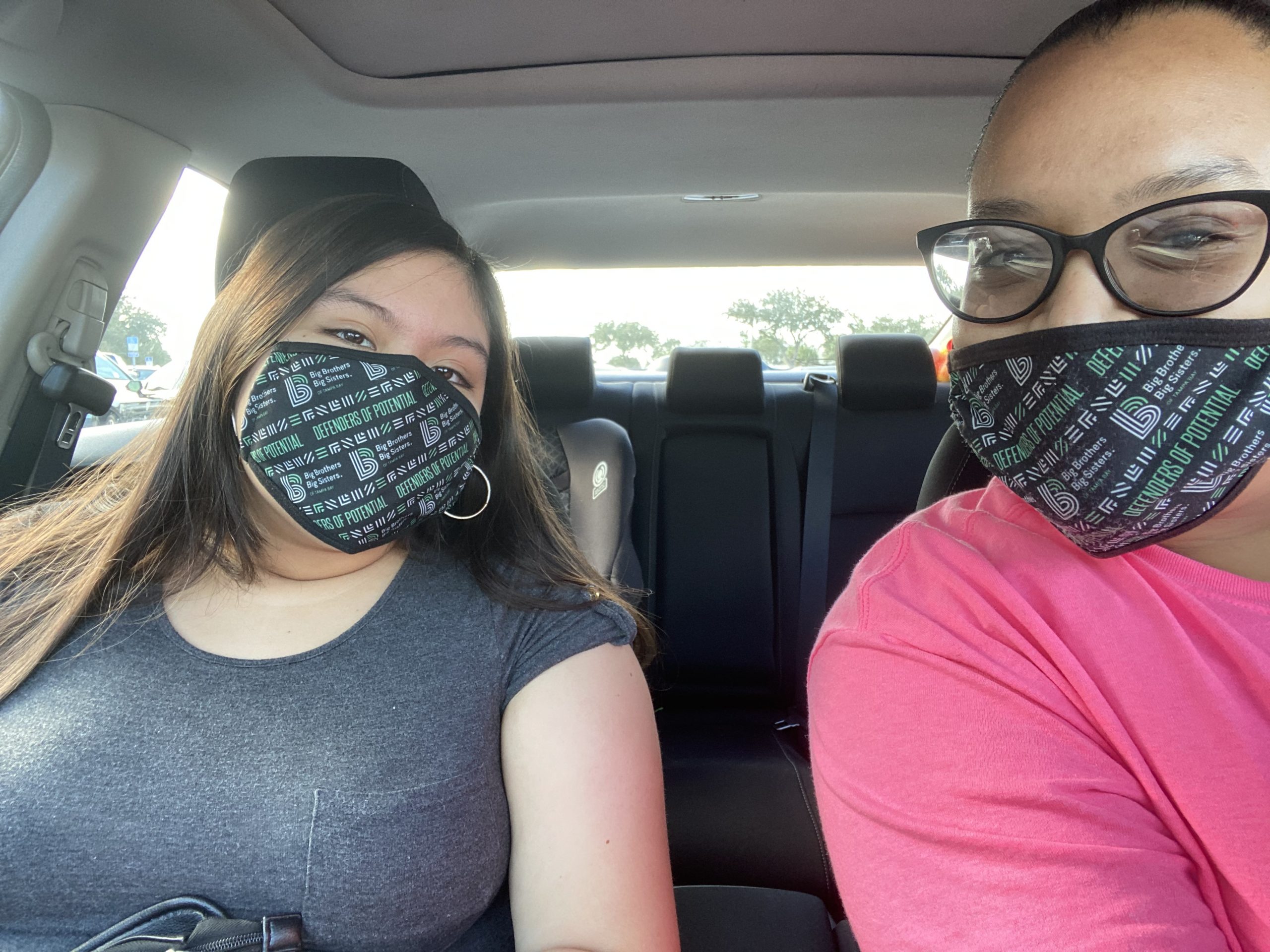


 Katherine Tai, United States Trade Representative
Katherine Tai, United States Trade Representative Fred Korematsu, Civil Rights Activist
Fred Korematsu, Civil Rights Activist Sunita Williams, Astronaut
Sunita Williams, Astronaut Amy Tan, Author
Amy Tan, Author